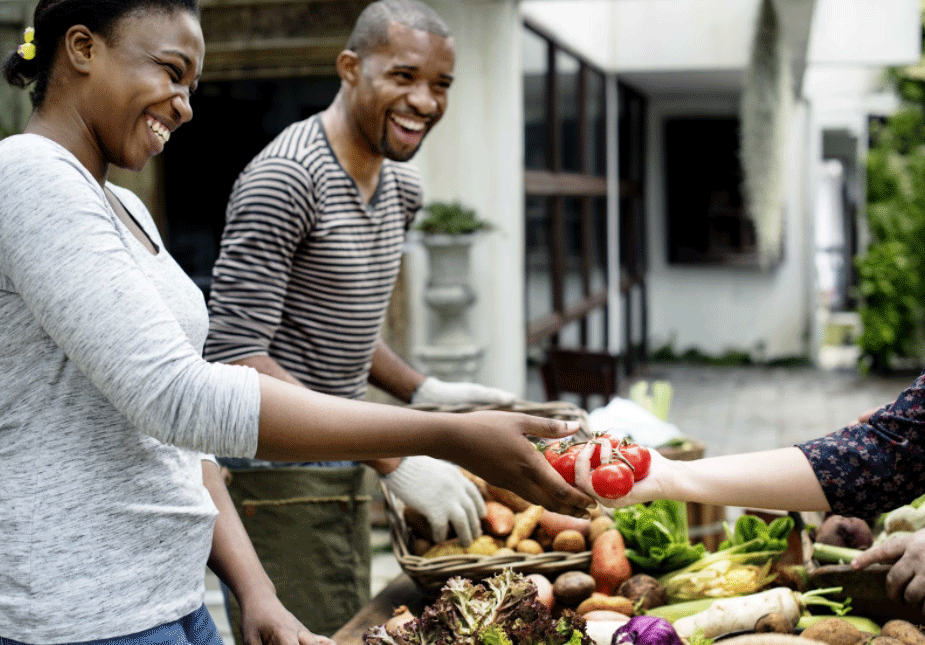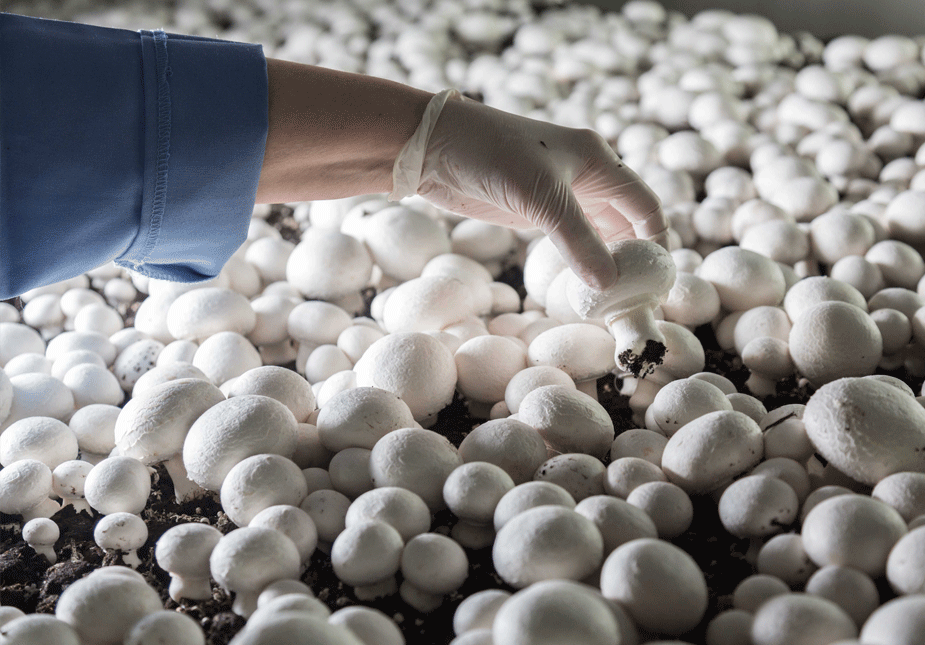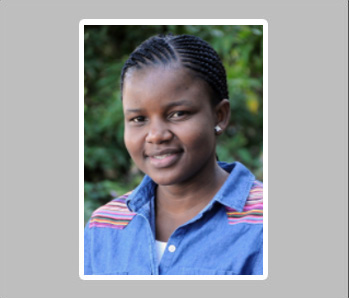UP researchers follow fresh produce from farm to table to ensure that consumers receive safe and nutritious fruits, vegetables and mushrooms.

In an ideal world, a farmer might sell a harvest of fresh produce to families nearby, who would eat that produce within the week.
The more common reality in South Africa and the world however, is that it can take up to three months or even more for food to travel from the farm to table.
“The longer this supply chain, the less control you have over the product and the harder it is to maintain quality and safety,” saysProf Lise Korsten, who leads thefood safety research programme at the DST/ NRF Centre of Excellence in Food Security, which is co-hosted by UP and the University of the Western Cape.

Fresh fruit and vegetables are an important part of a healthy diet. But how do we know whether the food is safe from harmful pathogens?
“Our research helps ensure that fresh produce stays safe along that journey for as long as possible.” Korsten explains that many complex factors must be studied so that farmers, sellers, consumers, government and everyone in between have access to the best information available to make sure that food is safe to eat, wholesome and nutritious.
Broad questions UP researchers are investigating include: how regulators ensure that fruit and vegetables are free of potentially harmful pesticides, other agricultural chemicals and human and plant pathogens; how farmers can prevent contamination and reduce losses due to polluted water or human error; and, whether fresh produce from formal markets like retail stores are safer than fresh produce from informal traders.
Considerations like human health, plant diseases, legal frameworks and governance, says Korsten, mean that UP researchers approach food safety in a holistic, multi-disciplinary way.

Pathogen hunters fight mushroom spoilage
As an example, she highlights the hunt for pathogens on mushroom farms currently being undertaken by two postdoctoral students, Dr Noncy Gomba and Dr Nazareth Siyoum.
Although pathogens that affect mushrooms are not harmful to humans, growing mushrooms hygienically - in clean air, the most suitable growing medium, and free from disease-carrying flies, for instance - ensures that mushroom growers suffer minimal losses during production and that the mushrooms are free of human pathogens as well.
Korsten says that most mushrooms available in South Africa are safe, nutritious and delicious - they can in fact be eaten raw, even without washing.

Managing food losses from farm to table
Other research in Prof Korsten’s programmes considers postharvest spoilage or contamination of fresh produce that might make food unfit for human consumption, and how this could be prevented by best practices and more effectively regulated by authorities.
“We’ve been trained to recognise spoilage and it can look disgusting,” says Korsten. She warns, however that unsafe food is not always easy to recognise - it could for example be contaminated by pathogens that are not visible, like Escherichia coli or Salmonella species.

Complying with international safety standards for pesticides will make our fresh produce safer
Pesticide residues above levels allowed by the Department of Health are also a potential threat to human health. In his recent PhD thesis, one of Korsten’s postgraduate students, Dr Mbulaheni Mutengwe, found a critical shortage of local laboratories and inspectors and recommended that regulatory capacity needs to be expanded to more effectively control pesticide residues on local and imported food.
This kind of increased government regulation would boost public trust in food safety, but Korsten notes that consumers also trust big retailers to make sure that food are safe, which are in some ways secured through self-regulation. She adds however that food safety is everyone’s responsibility, and not just that of retailers and regulators.
Korsten gives the example of contamination on the farm by irrigation water that is polluted by mining-related chemicals or by sewage that introduces E. coli and other pathogens. “Water resources are scarce and farmers can’t be solely responsible for cleaning it - the burden must be shared by all, including the municipalities and even the mines that pollute our environment.

Fresh produce from informal traders: Is it safe to eat?
Another important focus of food safety research at UP is fresh produce sold informally, for instance from the back of a bakkie directly after harvest, or by informal traders who may have acquired produce not acceptable for formal markets.
Dr Stacey Duvenage, another postdoctoral researcher working with Korsten, says preliminary research shows that at the point of sale, there’s not much difference in safety between fresh produce sold formally and informally - although more research along the supply chain is needed, this is good news for the millions of South Africans who rely on either.
PeopleInvovled

Prof Lise Korsten
Group Leader: Food Safety research group; Co-Director: Centre of Excellence in Food Security

Erika du Plessis
Senior Researcher, Coordinator of Partnerships for Enhanced Engagement in Research initiative and Water Research Commission project on food safety in the fresh produce supply chain

Dr Stacey Duvenage
Senior Postdoctoral Fellow, Coordinator of the Centre of Excellence in Food Security’s Food Safety Project

Dr Noncy Gomba
Postdoctoral Fellow: Mushroom Research

Dr Nazareth Siyoum
Postdoctoral Fellow, Coordinator of Mushroom and Postharvest Pathology Research

Dr Mallick Bill
Postdoctoral Fellow: Environmentally friendly postharvest applications in avocado

Dr Thomas Mahlumeni Mutengwe
PhD graduate: Residue levels and estrogenic activity in fruit and vegetables from fresh produce markets

Degracious Kgoale
PhD Student: Microbial analysis of fresh produce in formal and informal markets

Thabang Msimango
MSc Student: Foodborne pathogens isolated from fresh vegetables in school feeding programmes

Tintswalo Baloyi
MSc Student: Fresh produce sold and consumed in informal markets

Loandi Richter
MSc Student: Antimicrobial-resistant bacteria in fresh vegetables

Mosibudi Malomane
BSc Agric: Safety of fresh produce in school feeding programmes
Copyright © University of Pretoria 2024. All rights reserved.
Get Social With Us
Download the UP Mobile App